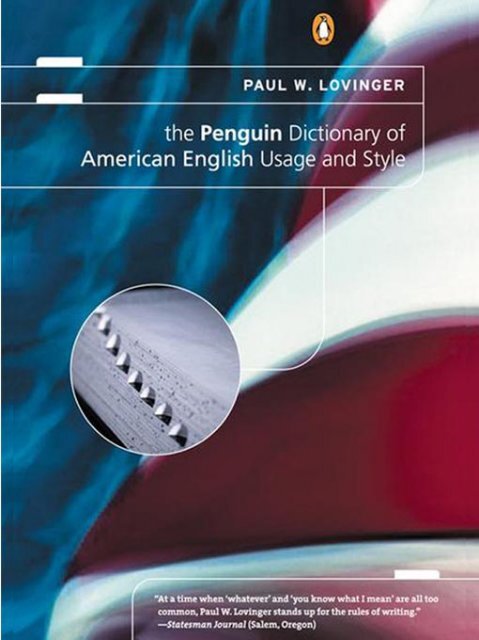

It appears to be a collection of other dictionaries' material, primarily Random House and Collins, but with other stuff thrown in as well. It is not clear to me who its editor(s) or expert panel are. I must say I have never warmed to this site. So I stuck with M-W and have become so accustomed to it that I never bothered to look for AHD again until just now.)Ī lot of people cite. (My original attempts to find AHD on-line, years ago, brought me to some other reference site, presumably partnered with AHD's publisher, but definitely not a dedicated on-line replica of the print version like M-W already had for some time. I am quite sure this is a relatively recent development (maybe in the last couple of years), since I remember lamenting that M-W seemed to be the only "familiar" dictionary to have a decent (and free) on-line version. Oh, I am just now noticing that the AHD has its own on-line version as well. It makes it easy for me to transfer whatever level of trust I had with the paper version to the on-line version, as well as easy to cite via URL.
AMERICAN ENGLISH TO ENGLISH DICTIONARY FREE FREE
I like that M-W's on-line version is free and seemingly equivalent to the print version. I think for most people, it is more trustworthy than Wikipedia, for example. M-W strikes me as descriptivist-leaning, but not so loosey-goosey as to be without (enough) credibility as an authority. I have occasionally felt that OED citers ride the fine line between scholarliness and condescension (not always successfully). I don't mean to rag on the OED, or people who cite the OED, but I also want to say that sometimes I get the impression (and I must stress that this is both subtle and purely subjective) that there can be a tinge of elitism in an OED citation, as if to say "well, I paid for this, so you should trust my citation more". My guess is that the vast, vast, vast majority of the material in it is first-rate, but for typical needs, I get the impression it's no better (and possibly a little worse) than any of the major "collegiate" dictionaries: Merriam-Webster, American Heritage, and Webster's New World being the three I'm most familiar with in paper form, and I like them about equally.

That said, I don't have access to it, so all I know about it is what I've gathered from people who cite it and from what I've seen, I get a similar impression that RyeBread does, namely that it has obscure stuff you can't get anywhere else, as well as a few head-scratchers for common words. There are also medical dictionaries with rare terms that have not yet appeared in a sufficiently widespread and frequent distribution as to have yet made the OED.įor example, check out the September 2013 quarterly updates to the OED to see how much they are tracking English in all its guises.įor scholarly or encyclopedic needs, there's probably nothing that can touch the Oxford English Dictionary. For example, the Dictionary of American Regional English, normally called DARE, covers that topic much more thoroughly than the OED does.


That said, there are certainly specialist dictionaries that cover particular topic areas more fully than the OED does. There is no other dictionary like it in the English everywhere. The OED is an historical dictionary, documenting words and their predominant senses over time. It notably gives pronunciations for both RP and in North American English, and has many, many, many terms that are marked as Australian or South African or this or that. It certainly is not! The OED covers English not just in England but all over the world. There seems to be some confusion that the Oxford English Dictionary is somehow for the English of England only.


 0 kommentar(er)
0 kommentar(er)
